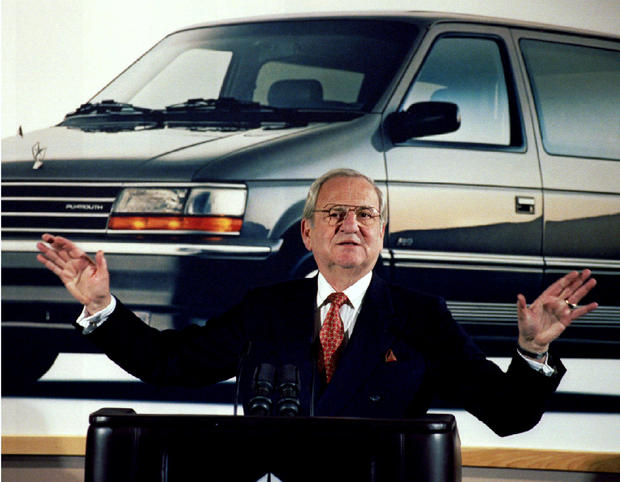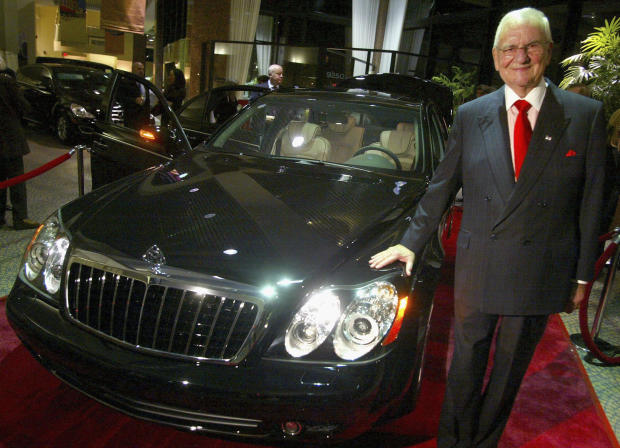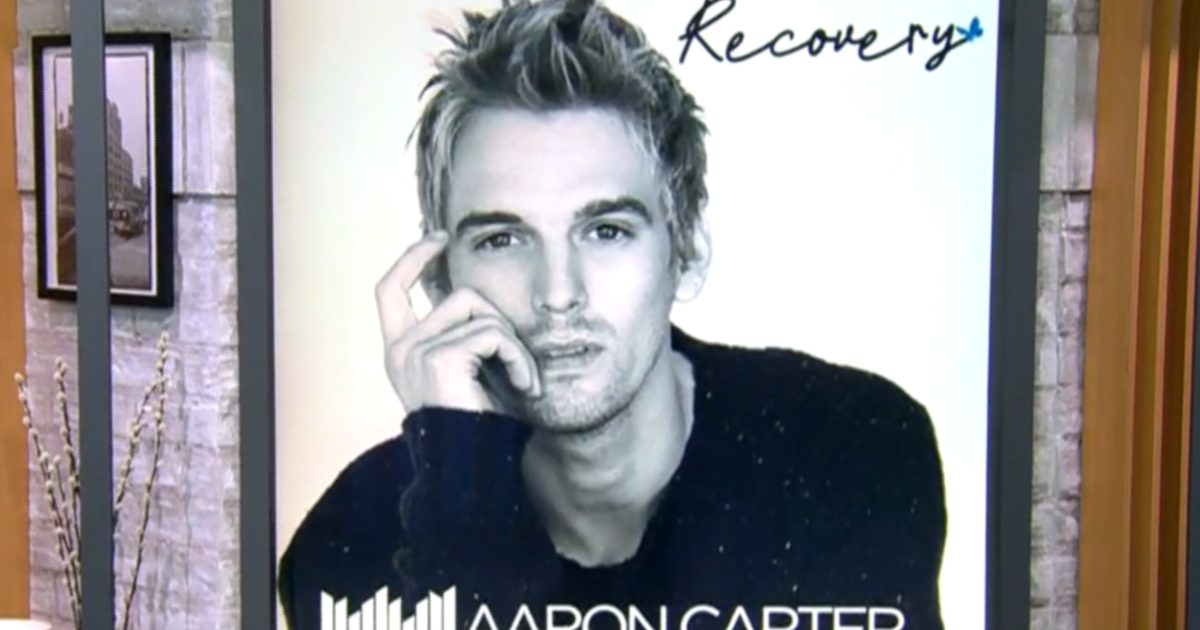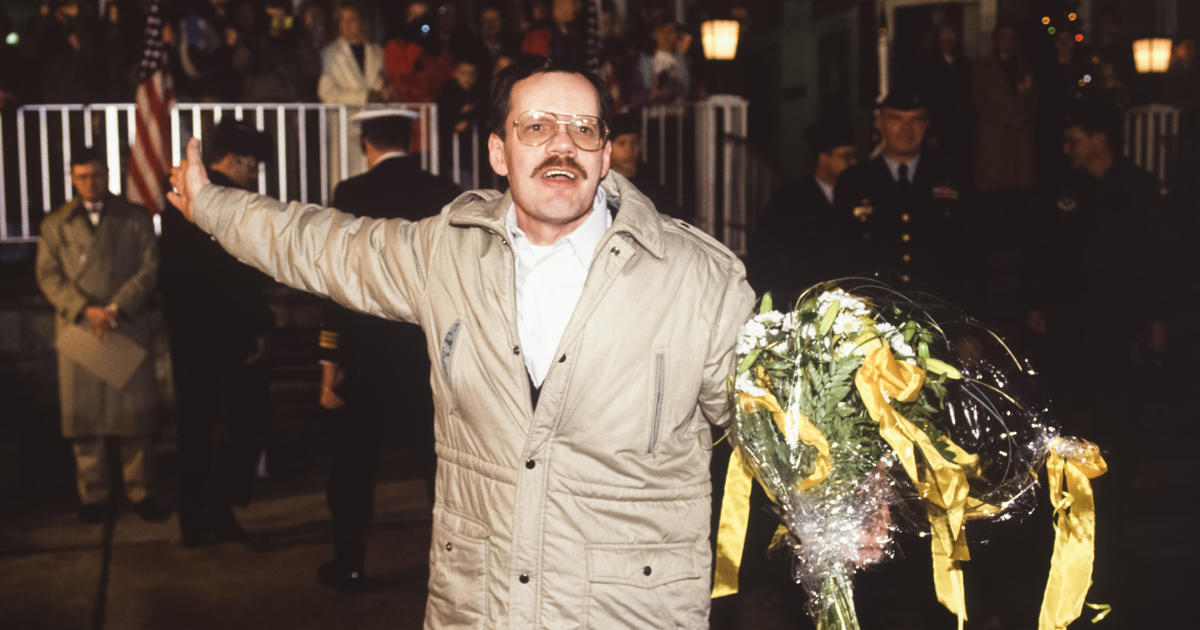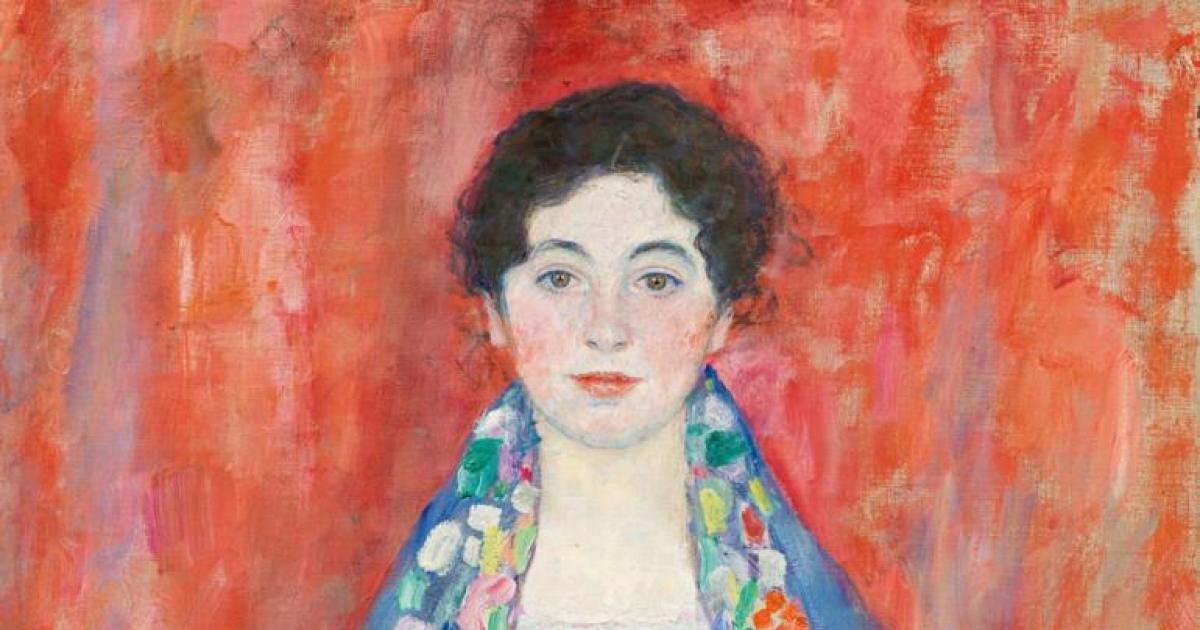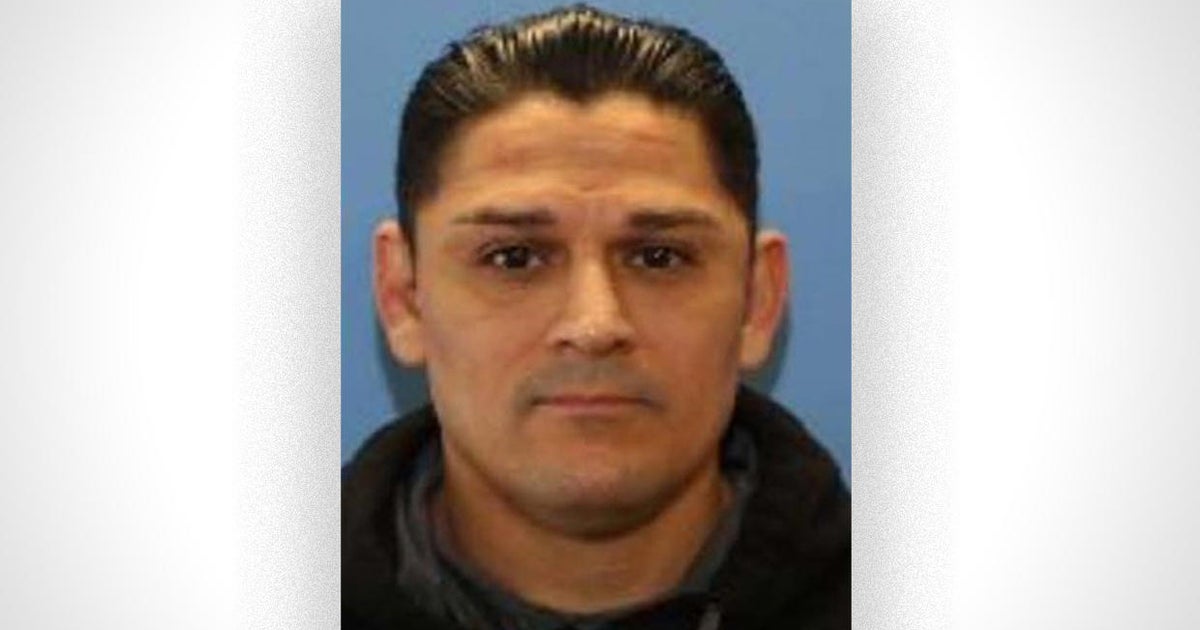Lee Iacocca, creator of Ford Mustang and former CEO of Chrysler, has died at 94
Lee Iacocca, who created the iconic Ford Mustang and later in his career rescued Chrysler from bankruptcy, has died, his foundation and Ford Motor Company confirmed on Tuesday. He was 94. Iacocca's daughter told The Washington Post the cause of death was complications from Parkinson's disease.
"Lee Iacocca was truly bigger than life and he left an indelible mark on Ford, the auto industry and our country," said Ford executive chariman Bill Ford. "Lee played a central role in the creation of Mustang. On a personal note, I will always appreciate how encouraging he was to me at the beginning of my career. He was one of a kind and will be dearly missed."
In his 32-year career at Ford and then Chrysler, Iacocca helped launch some of Detroit's best-selling and most significant vehicles, including the minivan, the Chrysler K-cars and the Ford Escort. He also spoke out against what he considered unfair trade practices by Japanese automakers.
Iacocca was one of the first celebrity CEOs and even flirted with running for president in the late 1980s before there ever was a businessman president – until House Speaker Tip O'Neill intervened.
"And I said, 'Tip, what do you think about me running for President?'" Iacocca recalled to "Sunday Morning" in 2007. "And he said, 'Of what?' Typical Irishman, ya know, he laughed. He said, 'Are you crazy? You gotta be nuts. You're a businessman. You don't have the temperament for it.'"
Iacocca, who later would campaign for former President Bush in 2000 and then John Kerry in 2004, said that weekend, he returned the campaign money he had raised.
"I knew my strengths and weaknesses, and I couldn't have been a good president." he said.
The son of Italian immigrants, Iacocca reached a level of celebrity matched by few auto moguls. During the peak of his popularity in the '80s, he was famous for his TV ads and catchy tagline: "If you can find a better car, buy it!" He wrote two best-selling books and was courted as a potential presidential candidate.
But he will be best remembered as the blunt-talking, cigar-chomping Chrysler chief who helped engineer a great corporate turnaround.
Bud Liebler, who worked for Iacocca for a decade at Chrylser, said he had a larger-than-life presence that commanded attention. "He sucked the air out of the room whenever he walked into it," Liebler said. "He always had something to say. He was a leader."
In recent years Iacocca was battling Parkinson's Disease, but Liebler was not sure what caused his death.
He remembers that Iacocca could condemn employees if they did something he didn't like, but a few minutes later it would be like nothing had happened.
"He used to beat me up, sometimes in public," Liebler remembered. When people asked how he could put up with that, Liebler would answer: "He'll get over it."
Liebler said Iacocca is the last of an era of brash, charismatic executives who could produce results. "Lee made money. He went to Washington and made all these crazy promises, then he delivered on them," Liebler said.
In 1979, Chrysler was floundering in $5 billion of debt. It had a bloated manufacturing system that was turning out gas-guzzlers that the public didn't want.
When the banks turned him down, Iacocca and the United Auto Workers union helped persuade the government to approve $1.5 billion in loan guarantees that kept the No. 3 domestic automaker afloat.
Iacocca wrung wage concessions from the union, closed or consolidated 20 plants, laid off thousands of workers and introduced new cars. In TV commercials, he admitted Chrysler's mistakes but insisted the company had changed.
"When you've been kicked in the head like we have, you learn pretty quick to put first things first, and in the car business, product comes first," Iacocca said while strolling through an auto plant in a 1982 commercial.
The strategy worked. The boxy K-cars - the Dodge Aries and Plymouth Reliant - were bland, basic transportation. But they were affordable, fuel-efficient and had room for six. In 1981, they captured 20% of the market for compact cars. In 1983, Chrysler paid back its government loans, with interest, seven years early.
The following year, Iacocca introduced the minivan and created a new market that helped the company reach new heights of profitability.
The turnaround and Iacocca's bravado made him a media star. His "Iacocca: An Autobiography," released in 1984, and his "Talking Straight," released in 1988, were best-sellers. He even appeared on "Miami Vice."
A January 1987 Gallup Poll of potential Democratic presidential candidates for 1988 showed Iacocca was preferred by 14%, second only to Colorado Sen. Gary Hart. He continually said no to the "draft Iacocca" talk.
Also during that time, he headed the Statue of Liberty-Ellis Island Foundation, presiding over the renovation of the statue, completed in 1986, and the reopening of nearby Ellis Island as a museum of immigration in 1990.
